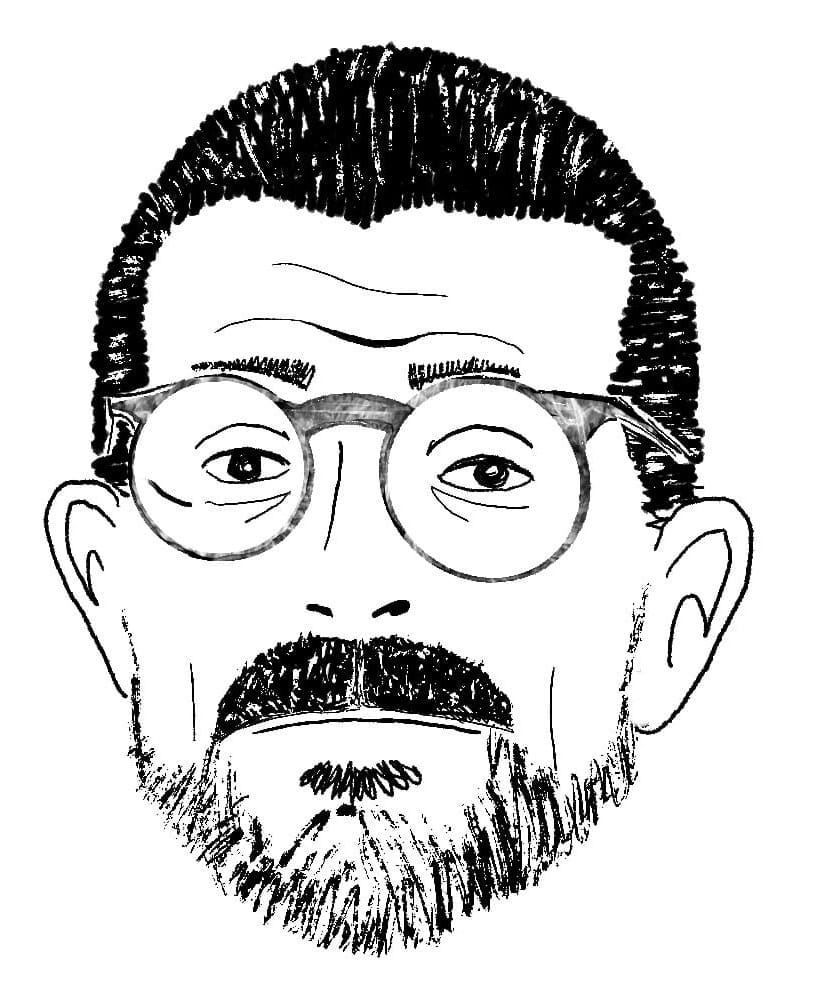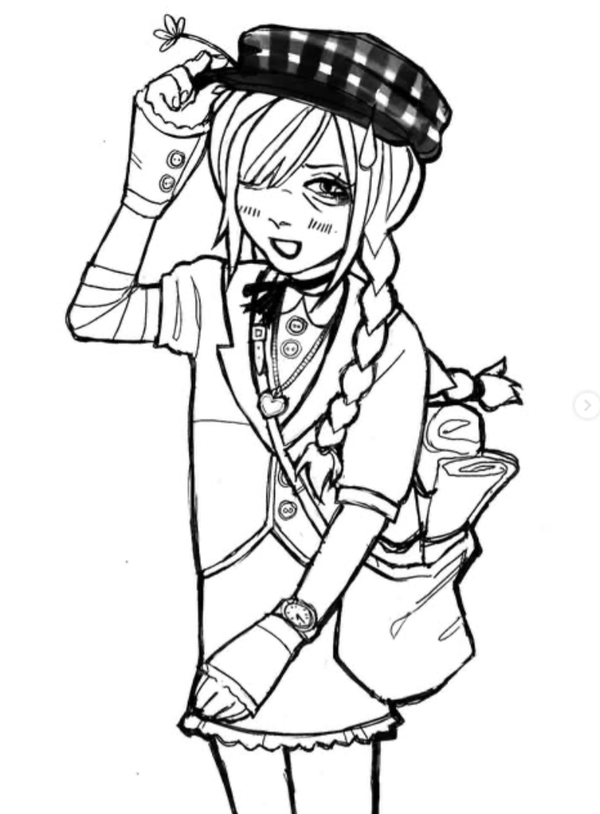Small Joys: Mamet and Drama
I recently read Three Uses of the Knife: On the Nature and Purpose of Drama, written by David Mamet in 1998. I've long though of Mamet as a curmudgeonly aîné terrible who typifies the boomer approach of believing their generation to be the best measure of human, but lately I’ve heard an interview or two that really helped me see him as a bullheaded artist whose assholery came from striving toward greatness, which I can appreciate, so I focus on his art rather than his spectrum of beliefs. Separate the art from the artist, when you can.
This short book is both incredibly compelling and above my education level. I look forward to rereading it, since I know I will get more from it each time.
For now, I am relishing his description of the necessity of drama created as art vs. the futility of drama without art (a distinction which Mamet explains) which paints a picture of why one can’t put too much weight in political discourse—ironic given Mamet’s willingness to wade into exactly that in this book and up to and including 2022’s Recessional: The Death of Free Speech and the Cost of a Free Lunch. I don't plan on reading that one, but who knows.
What I will do is marvel at his discussion of narrative in what he calls the “problem play,” a story that sets out to solve a problem of the world—racism, sexism, warmongering, etc.—but lacks the artistic heart that Mamet identifies. His writing helped me identify why I connect with art for reasons that are often unclear to me, and why reality tv, sports, and politics rarely have the same pull for me that they seem to for some.
I like this admonition used to delineate what stories about solving the world's problems can and can't do:
“Our Defense Department exists neither to ‘maintain our place in the world’ nor to ‘provide security against external threats.’ It exists because we are willing to squander all—wealth, youth, life, peace, honor, everything—to defend ourselves against feelings of our own worthlessness, our own powerlessness.”
And, a few pages later, he acknowledges that these "problem" narratives find a compelling story arc built on structure rather than art, then sums it up for me:
“The words of the rational mind have no power to bring us peace through art.”
I think this book may join may favorite books about populist writing, following Elmore Leonard and Steven King with a permanent shelf spot.





